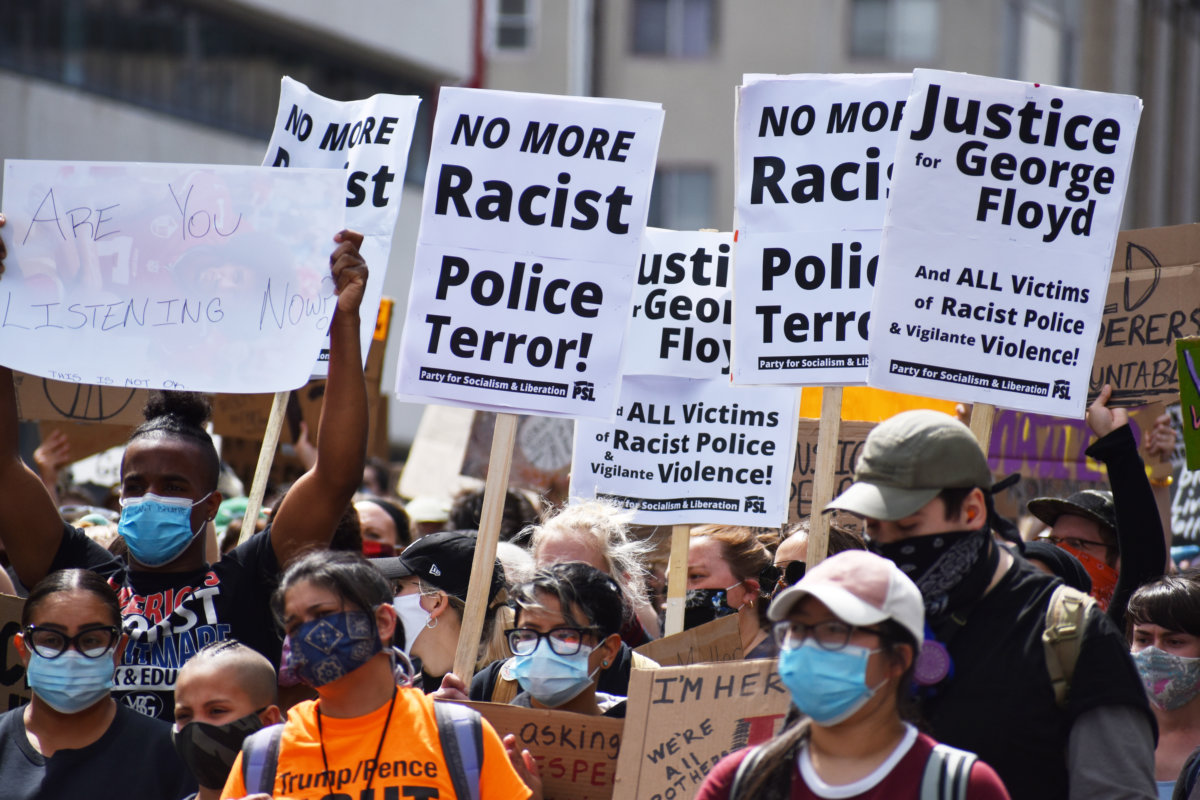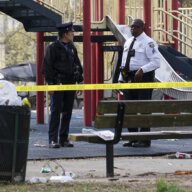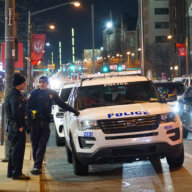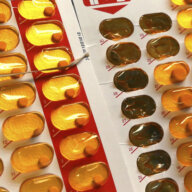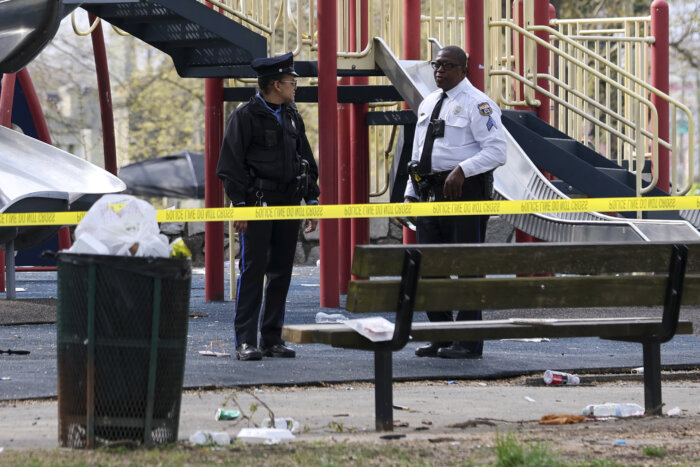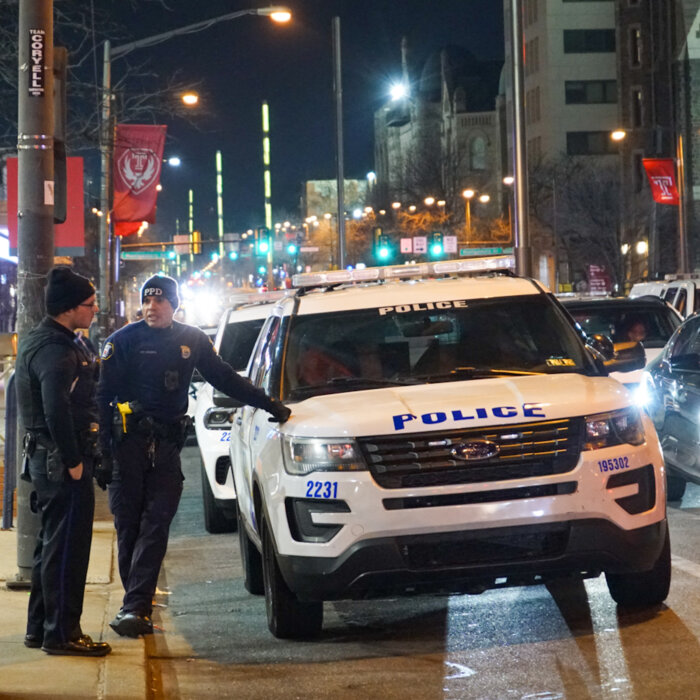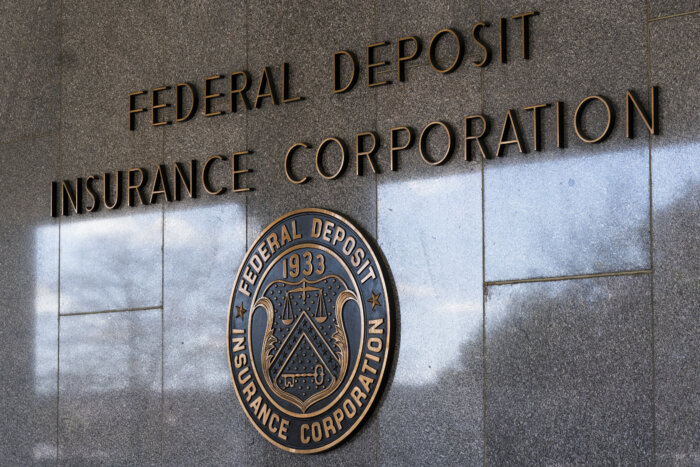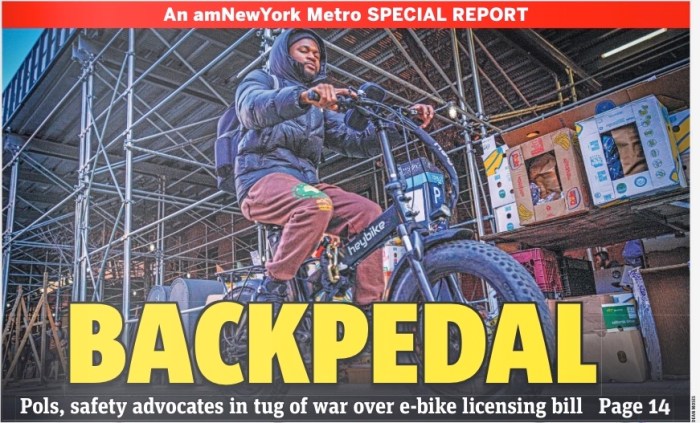The City of Philadelphia released its one-year progress report on Tuesday, which provides an update on the City’s Pathways to Reform, Transformation, and Reconciliation work, marking one year since the group’s formation. The initiative was established on June 4, 2020 as part of the city’s commitment to reform amidst widespread activism around police brutality and racial inequities in the city and across the country.
Beginning with the removal of the Frank Rizzo statue, to long-term commitments to police reform, inclusive economic recovery, and health equity, the report includes data from the City of Philadelphia and its partners on their collective work toward building a more equitable city.
“Over this last year, the city has taken measurable steps in reforms, increasing transparency in the Philadelphia Police Department with an emphasis on strengthening diversity, internal accountability and updating policies to improve community safety,” said Mayor Jim Kinney in a statement. “In spite of difficult economic times, we promoted an inclusive effort towards recovery, supporting countless individuals and hundreds of minority-, women-, and disabled-owned businesses. We worked to address communities’ various needs through racial and economic equity plans in health targeting our most vulnerable zip codes.”
Over the past year, the city has worked with various institutions, departments, and community leaders and organizations to enact a reform agenda, reimagine public safety, and advance racial justice. The Steering Committee focused its work on four key priorities: Public Safety and Policing, Economy, Community Engagement and Reconciliation Process, and Health.
“Over the last year, the Pathways initiative has worked to address the more pressing issues of our city, and nation at this time,” said Cynthia Figueroa, Deputy Mayor for the Office of Children and Families in a statement. “I am honored to see this important work toward a more equitable future for all Philadelphians continue, and thank the Committee for working toward long-lasting change.”
Highlights from the report include:
Public Safety and Policing
City leaders, along with Police Commissioner Danielle Outlaw’s team, have implemented reforms to better serve and protect Philadelphians. The multi-level agenda currently consists of reforms divided into five main areas: update and review policies; strengthen oversight measures and increase transparency and equity; implement behavioral health and mental-health-related operational reforms in policy and protocol; evaluate budgeting and collective bargaining process; and support state-level police reforms.
The Philadelphia Police Department has had sizable growth in numbers of Crisis Intervention trained officers and personnel over the past year—more than 3,200 officers (51 percent) have received the full 40-hour training and certification. Nearly 150 virtual PPD-sponsored community meetings, sessions and town halls were held to increase communication and transparency between the police and public. And the PPD focused on its partnership with Department of Behavioral Services and Intellectual disAbility Services to serve the needs of Philadelphians who suffer from mental health and behavioral health related crises.
“The Police department has made important progress in our efforts to increase public safety. We continue to work towards making organizational advancements that increase internal accountability and equity,” said Police Commissioner Danielle Outlaw in a statement. “All Philadelphians need to feel safe in their communities by those that are sworn to protect them, and we are committed to enacting true and lasting reforms in order to better serve our neighborhoods.”
Inclusive Economy
The initiative’s economic efforts have supported the development and implementation of COVID-19 relief programs, the allocation of funds into small and minority-, women-, and disabled-owned businesses, and targeted investments in disproportionately impacted neighborhoods and communities through funding and programmatic initiatives.
These efforts prioritize investing in historically disadvantaged communities, and supporting small businesses against the backdrop of the COVID-19 pandemic. Over the past year, $27 million in COVID-19 relief has been distributed by the Department of Commerce to 3,177 businesses—63 percent of funding was awarded to minority-owned businesses— and 10,000 PPE kits were distributed to small businesses to help them reopen last summer.
Community Engagement and Reconciliation Process
The Pathways initiative has worked collaboratively with community partners to foster conversations between institutions and residents to address structural racism and racial inequity issues in the city. The group also prioritized a review of public landmarks, monuments and holidays.
Since June 2020, Pathways has hosted and sponsored 21 public events aimed at public safety, police reform, community wellness, community empowerment, and reconciliation, with over 2,000 participants in city’s Pathways-sponsored events and over 650 participants in youth-focused events.
The Steering Committee has also prioritized reviewing Philadelphia’s public art and landmarks. The Landmarks and Monuments Review is a public-driven process to ensure that the City of Philadelphia’s values of inclusiveness, integrity, and respect for the diversity of its citizenry, visitors, and history is reflected in its monuments and public art, as well as in the names of its city-owned landmarks. Approximately 7,000 city-owned assets have been classified in a database created under the Landmarks and Monuments Review.
In addition, the administration examined and updated city holidays in relation to racial justice. On Jan. 27, 2021, Kenney signed Executive Order 2-21, which made two changes to the list of city holidays—Philadelphia recognizes Juneteenth (June 19) as a holiday and the second Monday of October will be recognized as Indigenous Peoples’ Day rather than Columbus Day.
Health
The Philadelphia Department of Public Health (PDPH) has implemented its Coronavirus Interim Racial Equity Plan, focused on eight key strategies for addressing race-based disparities during the pandemic. This plan summarized PDPH’s approach to addressing disparate impact of COVID-19 on other communities that have also suffered from historic disinvestment and structural inequity including immigrants, people with disabilities, people experiencing homelessness and housing insecurity, and people with criminal justice system involvement.
As of June 14, 857,383 Philadelphians have received at least one dose of vaccine—69% of the adult population—and 668,710 Philadelphians, 54 percent, have been fully vaccinated. COVID-19 vaccines are available at 280 sites across Philadelphia, all of which are free and do not require appointments, identification or insurance, and there are 93 testing sites, along with mobile and pop-up testing options as well.
The Health Department developed a community outreach program with Philly Counts, which has hosted 10 Vaccine Information Champion Training events in four languages, including American Sign Language. The Philly Counts program has made more than 78,351 phone calls, sent more than 7,591 text messages, knocked on more than 2,254 doors, and engaged with more than 10,735 Philadelphians.
Moving forward
One year later, the group—along with its three subcommittees in police reform, inclusive economic recovery, and community engagement—continues to evaluate its progress and adapt its target actions to meet residents’ shifting needs.
“This work is critical to the Philadelphia community,” said Sharmain Matlock-Turner, President and CEO of the Urban Affairs Coalition in a statement. “I am glad that I had an opportunity to join with the Mayor, city officials, and community leaders to move it forward. Though we have made progress, we still have a lot of work to do and I am committed to staying a part of this effort.”
The full Philadelphia Pathways to Reform, Transformation, and Reconciliation 2020-2021 Year-End Review can be downloaded on phila.gov.



